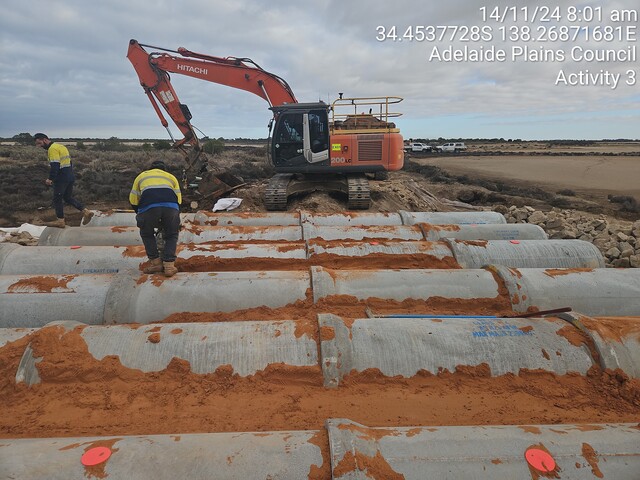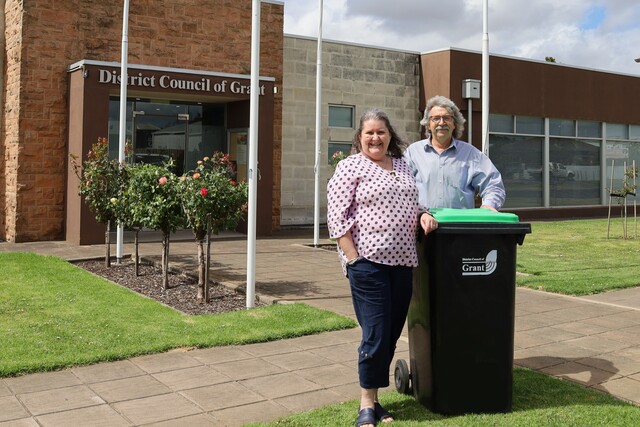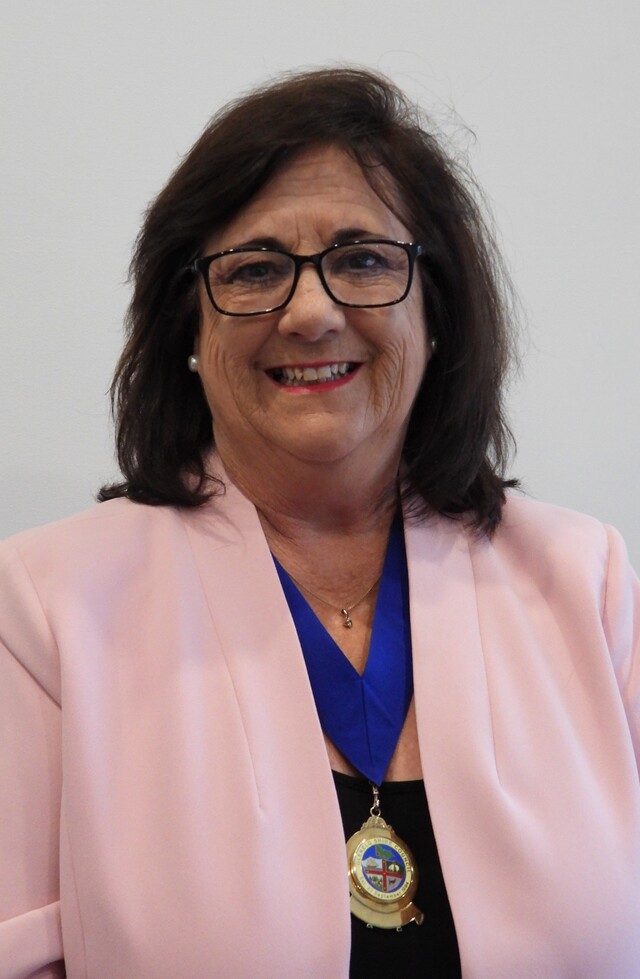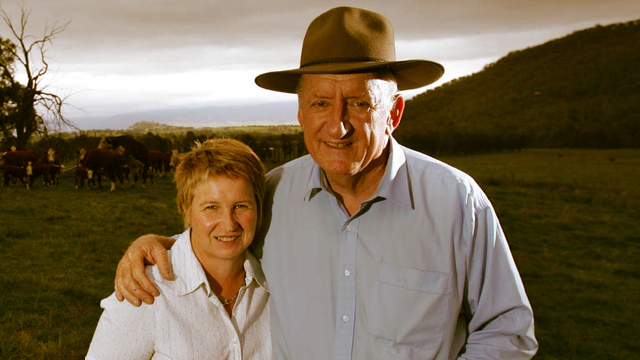‘It’s difficult to overstate the sense of contempt I have for many politicians – the sense of entitlement, the egotistical attitude of superiority, the double standards, the doublespeak.’
This is not my rant, but that of a recently-retired, former senior executive in the federal government. His venom intrigued me because he’s not prone to harsh assessments. But he now lives interstate, so he can sit back and watch the circus with clinical detachment.
My mild-mannered friend went on, “There are some exceptions, but as a whole, set fire to the bastards. The continuing narrowing of backgrounds from which our politicians are drawn is serious cause for concern. You’re a lawyer, a unionist, a farmer, a political staffer/lobbyist/researcher, or a greenie. That’s pretty much it.
Where are the scientists, the artists, the architects, the engineers, the boilermakers, the IT experts? Maybe most people with real jobs or any sense of principles or integrity can’t see the point of politics.’
He referred to the table below to underpin his argument.
| Business executives, self-employed business owners | 57 |
| Political consultants, lobbyists, advisers | 32 |
| Party/union officials & administrators | 36 |
| Lawyers | 30 |
| State politicians | 13 |
| Public service | 10 |
| Other admin and consultants | 9 |
| Farmers, graziers etc. | 8 |
| Researchers, project officers | 8 |
| Lecturers, tutors, teachers | 5 |
| Doctors, dentists, nurses | 4 |
| Local government officials | 3 |
| Other | 11 |
| Total | 226 |
Source: ‘The 43rd Parliament; traits and trends’ Parliament of Australia (October 2013)
Politicians’ backgrounds would indeed explain some of their ‘egotistical attitudes of superiority’ e.g. lawyers subconsciously adopt an air of superiority. But in my 40 years of watching them at close quarters I’ve concluded that the key factor is the Queen Bee treatment they get from sycophantic bureaucrats and sections of the media. As a result they get consumed with their own self-importance and power – they forget that their real job is advancing the nation.
A related problem are political donations and the factions, which are not restricted to Labor. By reducing the freedom of expression of individual MPs, factional politics strip away representative democracy and turn almost every issue into a dog fight. Allied to this is the hectoring style of ministers such as Dutton, Morrison and Cash. And opposition leaders are not blameless e.g. Shorten and Burke. It arguably stems from their deep insecurities and a desire to project a tough, confident image to TV audiences. These same individuals are also not averse to deceitful conduct. Little wonder politicians are poorly regarded.
Solutions?
How might we address this behaviour?
Reducing factionalism and the in-fighting lies at the heart of it. Facilitating the entry of more Independents into the process is one way, and voters can do that without any governance changes.
Another step would be to encourage politicians to coordinate across and within portfolios. An example – the Inland Rail project is trumpeted as a legacy of Barnaby Joyce. On current policy settings this is going to be a bigger white elephant than the Adelaide-Darwin railway. If the federal government was operating optimally it would have (i) a cluster program building productive capacity and freight traffic in cities and towns along the route, (ii) policies to shift freight from road to rail, and (iii) road rules requiring large and/or dangerous goods to be moved by rail. There is nothing remotely like this.
Allied to the above is the need for politicians to paint the big picture in order to properly explain things. A recent example was Treasurer Morrison shooting down Abbott’s call for immigration cuts on the basis that it would damage his Budget. That is a sliver of an argument.
Another step would be for voters to support the decent politicians, who turn down the volume and speak in measured terms and who look for collaborative outcomes for the national good. Examples to my mind are Porter, Hunt, Birmingham, Cormann, Keenan and Scullion, while on the opposition side I’d suggest Dreyfus, Plibersek, Macklin, and Bowen.
And finally let’s encourage the media to call out bad and arrogant behaviour, and bring politicians down a peg or two. TV programs like Q&A, The Project and the 7.30 Report are very important in this regard.
Pop up cities
There is a great website featuring innovations in urban development. It features things like autonomous supermarkets, street art, graphic design, street lights to charge your car and DIY urban forests! The website was brought to our attention by Narelle McMurtrie, originally from Junee but now the owner of the classy Bon Ton resort (Langkawi island) and ChinaHouse (Georgetown). The latter has different spaces, including a gallery, pool, bookstore, local art and craft, a daytime cafe with a huge range of homemade cakes, and a night time bar with live music. A huge success. Are you looking to brighten up your community? Get on a plane and tell her I sent you. www.popupcity.net
Trucking industry enquiry needed!
NSW truck deaths up 86 per cent in twelve months, trucks ploughing into cars at traffic lights, trucks travelling unhindered at 120km per hour. The Transport Workers Union calls it a ‘cocktail of death’ and blames economic pressure. Others point to cowboy truck companies and a drug culture. A reform agenda led by Michael McCormack, the new federal transport minister, is desperately needed. It would impress the nation.
Rod Brown is a Canberra-based consultant and lobbyist specialising in industry/regional development, investment attraction and clusters, and accessing federal grants. He also runs the Cockatoo Network.
Phone: (02) 6231 7261 or 0412 922 559
Email: apdcockatoo@iprimus.com.au
Blog: investmentinnovation.wordpress.com (750+articles)







